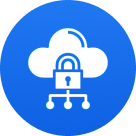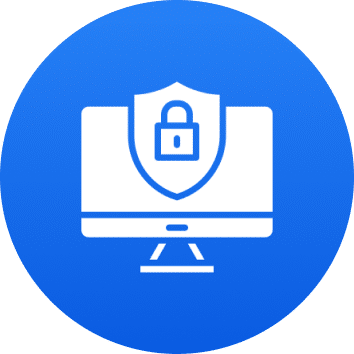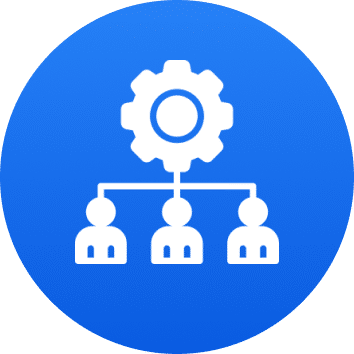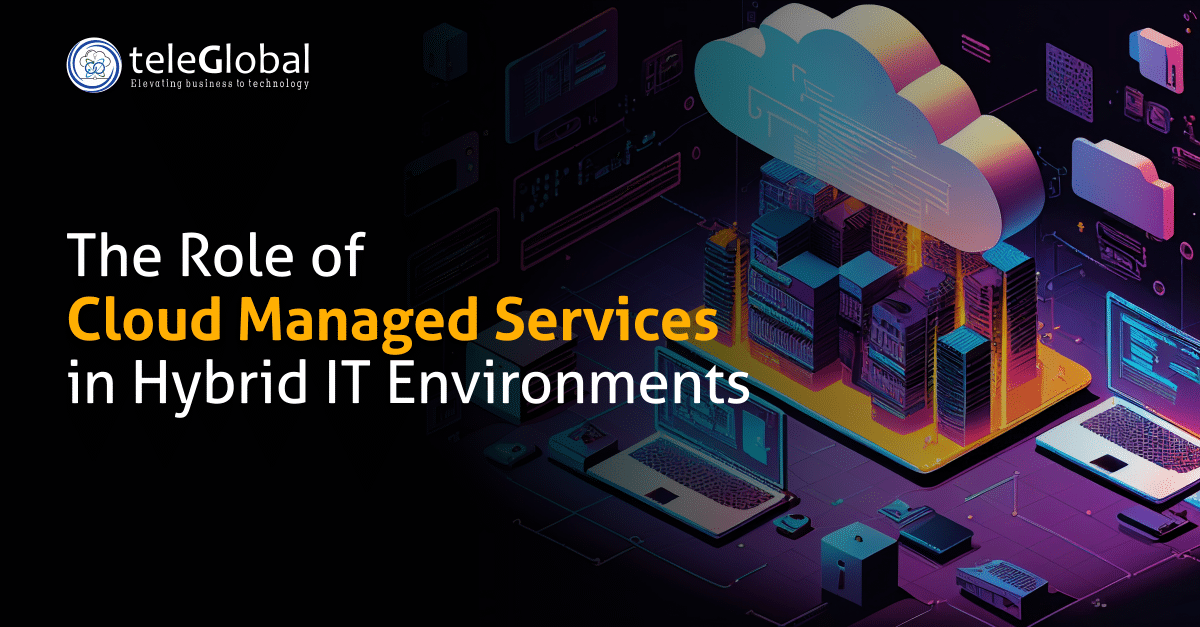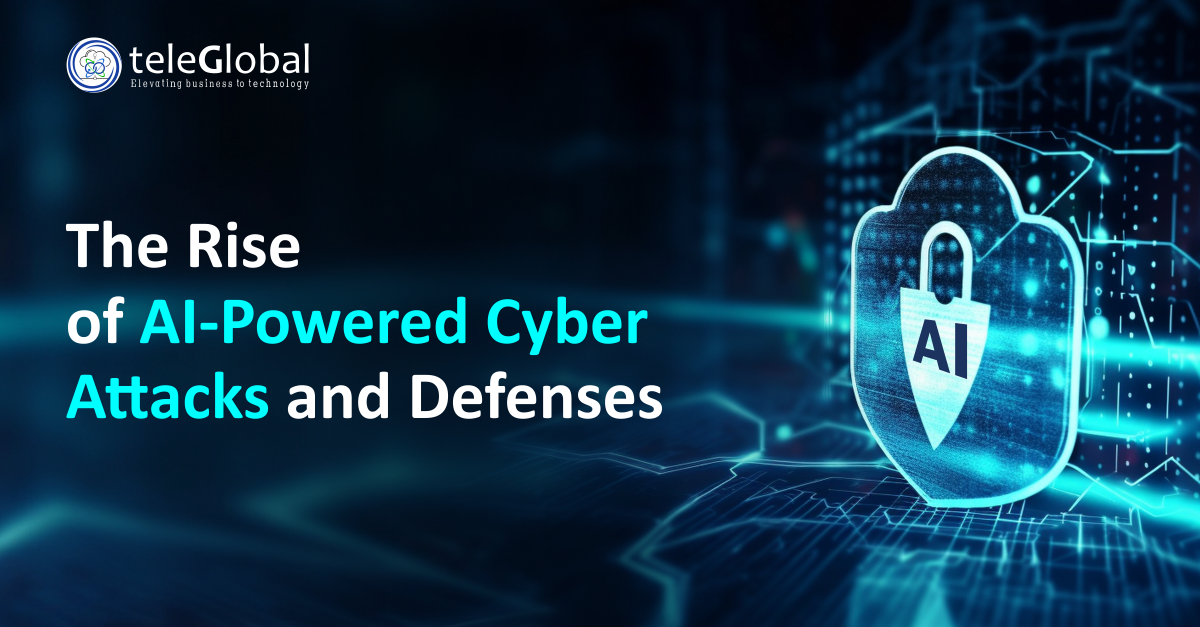
In today’s business world, having the ability to manage IT systems remotely is not just a handy option—it’s essential. Remote Infrastructure Management (RIM) refers to using technology to oversee and support IT systems like servers, networks, databases, and applications from a distance. Here’s why RIM is so important for businesses:
1. Cost Efficiency
One of the primary advantages of RIM is the significant reduction in operational costs. By leveraging remote management, businesses can save on the expenses associated with maintaining on-site IT staff and infrastructure. RIM providers often offer scalable solutions, allowing businesses to pay only for the services they use, thereby avoiding the costs of over-provisioning resources. Additionally, remote management reduces the need for physical office space and related overheads, further contributing to cost savings.
2. Enhanced Productivity and Efficiency
RIM allows constant monitoring and management of IT systems, quickly identifying and fixing issues to minimize downtime. This continuous oversight improves efficiency, while automated tools and proactive maintenance prevent problems, boosting productivity.
3. 24/7 Monitoring and Support
With RIM, businesses benefit from 24/7 monitoring and support, ensuring that their IT infrastructure is constantly under surveillance. This continuous monitoring allows for immediate detection and resolution of issues, reducing the risk of prolonged outages and ensuring that business operations run smoothly at all times.
4. Access to Specialized Expertise
Outsourcing remote infrastructure management allows businesses to access a pool of specialized IT experts without the need for in-house hiring. These professionals bring a wealth of knowledge and experience, staying updated with the latest technologies and best practices. This expertise is particularly beneficial for small and medium-sized enterprises (SMEs) that may not have the resources to maintain a full-fledged IT department.
5. Scalability and Flexibility
RIM provides businesses with the flexibility to scale their IT infrastructure according to their needs. Whether a company is expanding its operations or scaling down, remote management services can quickly adjust to the changing requirements. This scalability ensures that IT resources are always aligned with business goals, facilitating seamless growth and adaptability.
6. Enhanced Security and Compliance
In an era where cyber threats are increasingly sophisticated, robust security measures are paramount. RIM providers implement advanced security protocols and continuous monitoring to protect against cyberattacks, data breaches, and other security incidents. Additionally, they ensure that the IT infrastructure complies with industry standards and regulations, thereby reducing the risk of non-compliance penalties and enhancing overall data integrity.
7. Improved Disaster Recovery and Business Continuity
Remote infrastructure management plays a crucial role in disaster recovery and business continuity planning. With remote backups, real-time data replication, and automated failover processes, businesses can quickly recover from unexpected disruptions. This resilience is essential for maintaining operational continuity and minimizing the impact of disasters on business operations.
8. Focus on Core Business Functions
By outsourcing IT management to remote providers, businesses can focus on their core competencies and strategic objectives. This shift allows internal teams to concentrate on innovation, product development, and customer service rather than being bogged down by routine IT maintenance tasks. Ultimately, this focus on core business functions can lead to improved competitive advantage and market positioning.
9. Access to Latest Technologies
RIM providers are often at the forefront of technological advancements, offering businesses access to the latest tools and technologies. This access ensures that companies are not left behind in the rapidly evolving tech landscape. Implementing cutting-edge technologies can enhance operational efficiency, drive innovation, and provide a better customer experience.
10. Global Reach and Support
For businesses with a global presence, remote infrastructure management provides consistent support across different geographic locations. RIM services can be delivered seamlessly regardless of location, ensuring uniformity in IT operations and support. This global reach is particularly beneficial for multinational companies looking to standardize their IT practices across various regions.
Conclusion
Remote Infrastructure Management is a vital component of modern business operations, offering a multitude of benefits ranging from cost savings and efficiency improvements to enhanced security and scalability. By adopting RIM, businesses can not only optimize their IT infrastructure but also focus on their strategic goals, driving growth and innovation. As technology continues to advance, the importance of RIM in ensuring robust, reliable, and efficient IT operations will only continue to grow.











